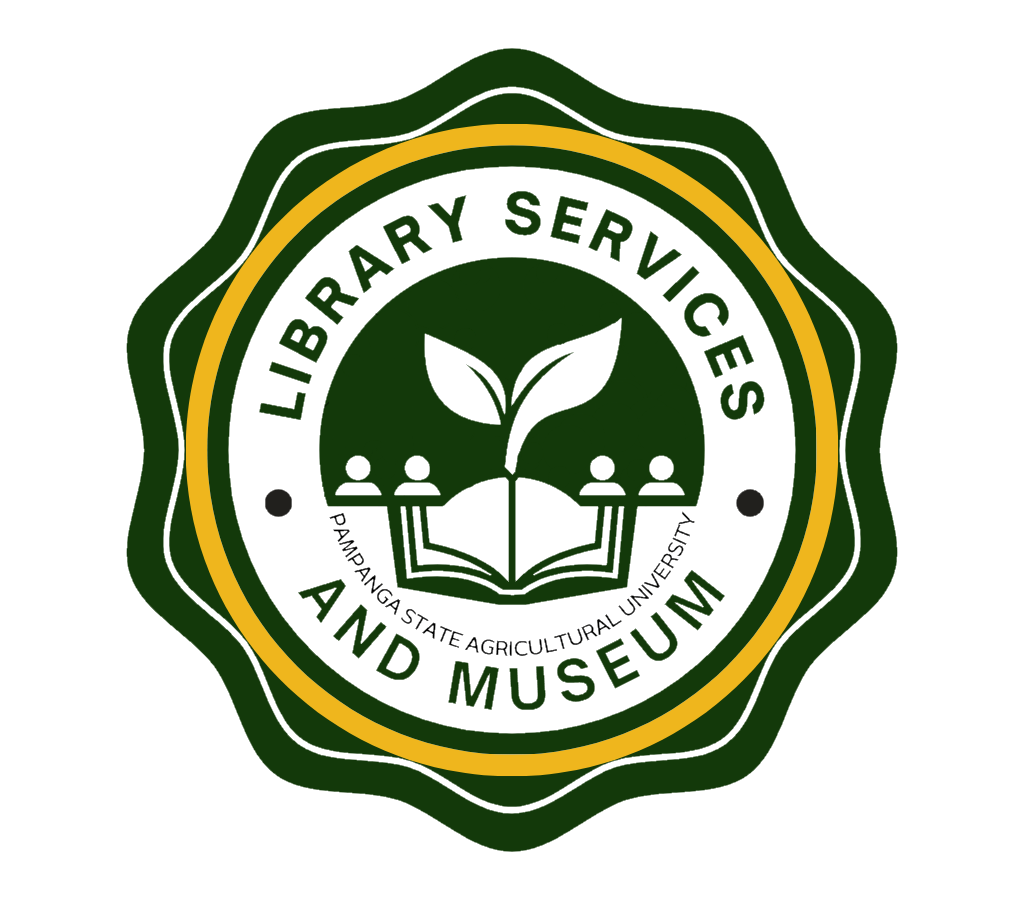Reading improvement / Phillip Feldman, Editor.
Material type: Continuing resourceSeries: ; V.55, No.3Publication details: Birmingham, AL : Project Innovation Inc, Fall/2018.Description: 83-126 page ; 26 cmISSN:
Continuing resourceSeries: ; V.55, No.3Publication details: Birmingham, AL : Project Innovation Inc, Fall/2018.Description: 83-126 page ; 26 cmISSN: - 0034-0510
| Item type | Current library | Call number | Status | Barcode | |
|---|---|---|---|---|---|
| Continuing Resources | PSAU OLM Periodicals | JO RI Fall2018 (Browse shelf(Opens below)) | Available | JO024 |
1. Ready Or Not, Play Or Not: Next Steps For Sociodramatic Play And The Early Literacy Curriculum: A Theoretical Perspective. Dr. Tarsha Bluiett. Several federal mandates have eradicated developmentally appropriate early literacy practices in primary grade classrooms across the country. Studies show that patterns of oral language use are developed extensively during the preschool years and lay a foundation for literacy development. In recent years, high quality pre-kindergarten classrooms are on the rise; most of these classrooms are bringing play/literacy back to the forefront of early literacy instruction. This article advocates the importance of a play/literacy curriculum in early childhood classrooms.--2. The Effect Of Talk Aloud Problem S Olving And Frequency Building Toa Performance Criterion With A Student At-Risk For Reading Disabilities: A Case Study. Ginny A. Dembek and Ricnarp M. Kusina Jr. Learners at-risk for disabilities in the classroom often require explicit instruction and practice to master skills. Problem solving involves skills that students encounter in every subject area during the school day. The development of problem solving interventions such as Talk Aloud Problem Solving (TAPS) came from a need to help students with troublesome behaviors when solving problems and to increase feedback from experts. The present case study suggests that TAPS combined with frequency building to a performance criterion (FBPC) helped a fourth grade student at risk for reading disabilities acquire problem solving skills related to reading. The TAPS/FBPC included two stages in a combined intervention package, TAPS and FBPC. The student acquired the strategy through scripted lessons in the first stage, TAPS, followed by practice talking aloud with feedback in the second stage, FBPC, until he reached a fluency aim. The significance of the results and potential for future studies are discussed. Keywords: Talk aloud problem solving, Frequency building, performance criterion, reading.--3. Literacy Curricula And Assessment: A Survey Of Early Childhood Educators in Two States. Karen L. Gischlar And Joanne P. Vesay. Research has consistently demonstrated the importance of early literacy instruction, as these skills are the developmental precursors to conventional reading. In this study, 215 early childhood educators in two states responded to a survey regarding early literacy curricula and assessment. Results indicated that most teachers used either a commercially available general or literacy specific curriculum, despite the fact that most of these programs do not have adequate research support to document effectiveness. Furthermore, the majority of teachers reported use of teacher-made assessments to monitor student progress in these curricula. Generally, teacher-made assessments have been proven psychometrically unsound, which may indicate that they are not accurate indicators of student progress. Given the importance of early literacy skill acquisition, future research should be conducted to explore the efficacy of different commercially available curricula and to identify the most valid means for monitoring student progress. Keywords: early literacy, curricula, assessment.--4.The Effect Of Juvenile Fiction On The Reading Skills Of Junior High School Students. Musttafa Turkyilmaz. The main purpose of this study is to define the effect of the juvenile fiction on secondary school students' reading skills. In the study; 6" grade students', reading juvenile fiction, attitudes to reading, reading speed, comprehension ability of what's read are examined. The group of students reading juvenile fiction is compared to the ones not reading in terms of reading skills. The research is designed with pre-test and post-test having experimental and control groups. The study is carried out at a secondary school in Kirsehir, Turkey. Achievement Test I which is developed by the researcher and Reading Attitude Scale developed by Ozbay and Uyar (2009) are used in order to define the accreditation of experimental and control group. Reliability analysis of Achievement Test is performed on an eighty students group with KR-20 and the reliability value is defined as 0,61. moreover, Achievement Test II is developed as a posttest and KR20 value is defined as 0,67. The construct validity of the scale is provided by using EFA and CFA analysis on 200 secondary school students. For Cronbach Alpha ratio of Attitude Scale, the result is determined as 0,89. There are 24 students each of the experimental and control groups. Within the scope of the study, the students in the experimental group are made five juvenile fiction read. The acquired data is analyzed with independent ttest technique. Findings reveal that the reading attitudes and reading skill scores of the experimental group are meaningfully different in positive regard. There isn't any meaningful difference observed in the comprehension skills of the experimental and contro! group. Key Words: Reading, Attitude, Reading Rate, Comprehending.
There are no comments on this title.
